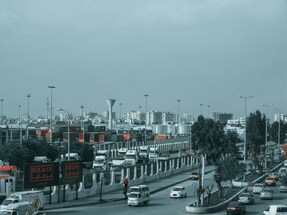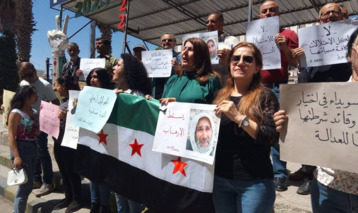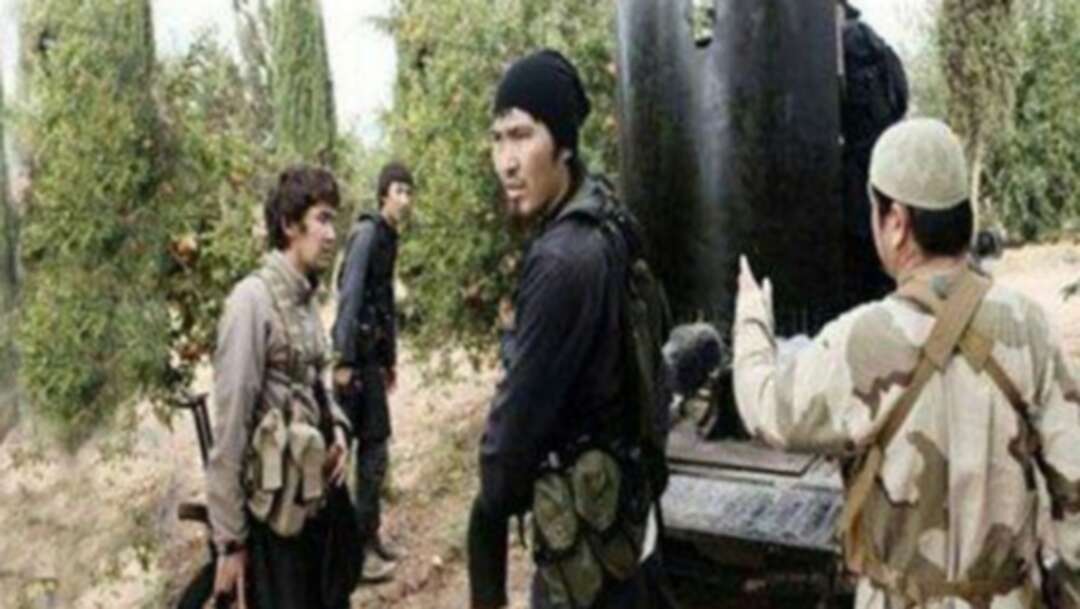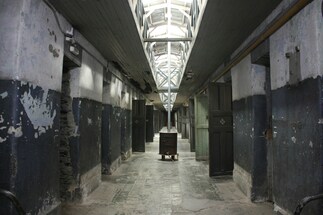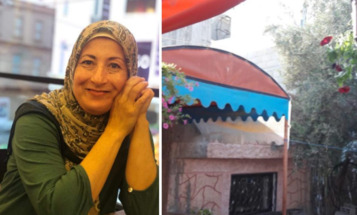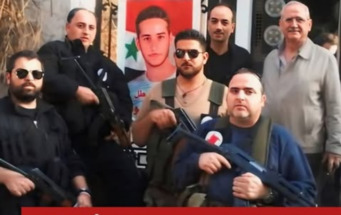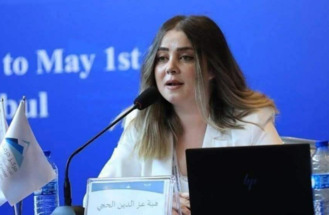-
A conference to stamp out hate speech held in Tel Aviv
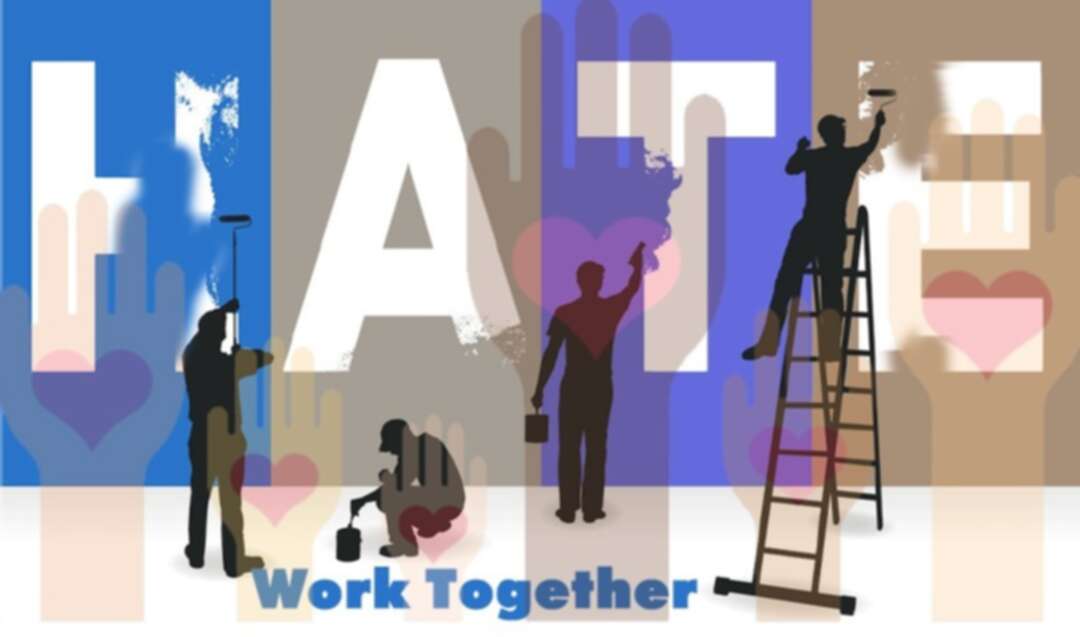
The Peres Center for Peace and Innovation hosted a virtual conference on hate speech. It discussed rising levels of the problem in society.
The conference held in partnership with the Interfaith Alliance for Safer Communities and Yala Young Leaders, aimed to educate youth on the different forms of hate, the impact it has on individuals as well as communities, and how they can identify and combat hate in their communities.
Australia, Israel, Germany, Turkey, the USA, Nigeria Palestine, France and Switzerland were among the participants in the virtual event.
the event confirmed hate speech is a speech that incites hatred or prejudice towards a group based on race, nationality, ethnicity, country of origin, ethno-religious identity, religion, sexuality, gender identity or gender.
Dr Andre Oboler, CEO of the Online Hate Prevention Institute discussed the impact of social media in amplifying hate speech.
He outlined solutions that include the use of data and AI, the use of content moderators, and the ability of the community to police itself through enhanced reporting functions within each social media platform.
He said: “The danger is not so much that people might read content inspired by hate speech, but rather that they may be induced to accept it as a valid point of view, a fact of life, or something with which one may or may not agree, but not something whose dissemination one should oppose.
The participants called for social media companies to invest more heavily in preventing and addressing hate speech on their platforms. Dr Oboler led a lively discussion on how society should balance the right to free speech with mitigating the harms from hate speech, including the role governments play in defining what free speech is and whether it should include, for example, incitement to violence.
Speaking on behalf of the IAFSC, Sean Patrick said, “Hate crime and the use of religion as a political tool is increasing all the time. The harm that hate crime causes to individuals, the sub-group and the whole community leads to a negative socio-economic impact as a whole. The impact can be felt on society, the economy, technology, the security, and the overall safety of communities.” Sean added: “Our working model is simple but effective. We work towards eliminating these issues by encouraging dialogue between all stakeholders like this workshop today, the development of practical response tool kits and by fostering partnerships that bridge gaps.
Hajar from Morocco, a Yala Young Leaders alum who participated in the event said, “The timing for this session was on point. Today, social media has exposed the ugly face of our world; we're witnessing terrifying rates of hate crime all over the globe. It's very important to understand what hate crime is for us to be able to recognize it and then fight it and that's exactly what the workshop provided us.”
Tags
You May Also Like
Popular Posts
Caricature
BENEFIT Sponsors Gulf Uni...
- April 17, 2025
BENEFIT, the Kingdom’s innovator and leading company in Fintech and electronic financial transactions service, has announced its sponsorship of the “Innovation and Sustainable Technology Solutions Competition (GU - IST Solutions), hosted by Gulf University at its main campus.
This strategic sponsorship reflects BENEFIT’s active role in advancing technological innovation and fostering sustainable solutions to future challenges. It also seeks to empower Bahraini youth by enhancing their skills, capabilities, and competitiveness in innovation and solution development—contributing meaningfully to the broader goals of sustainable development across all sectors.
As part of BENEFIT’s active involvement in the competition, the company has announced that Hanan Abdulla Hasan, Senior Manager of Public Relations and Communication, will serve on the competition’s supervisory committee. Her upcoming participation reflects BENEFIT’s forward-looking commitment to championing academic and professional excellence.
Commenting on the occasion, Hanan Abdulla Hasan, Senior Manager of Public Relations and Communication at BENEFIT, said, “We are privileged to support this pioneering initiative, which aligns seamlessly with BENEFIT’s enduring commitment to fostering innovation and nurturing the potential of Bahrain’s youth. Our participation is rooted in a deep sense of social responsibility and a firm belief in the pivotal role of innovation in shaping a sustainable future. Through such platforms, we seek to empower the next generation with the knowledge, skills, and foresight required to develop impactful solutions that address future challenges, in line with the United Nations Sustainable Development Goals 2030.”
Dr. Aseel Al Ayash Dean of the College of Engineering in Gulf University commented, “We extend our sincere gratitude to BENEFIT for their generous sponsorship and support of the Innovation and Sustainable Technology Solutions Competition. This contribution plays an instrumental role in helping us achieve the strategic goals of this initiative, namely, cultivating a culture of innovation and sustainability, encouraging efforts that address the imperatives of sustainable development, and enhancing the practical and professional capabilities of our students and participants.”
The event will bring together a diverse spectrum of participants, including secondary school students, university undergraduates, engineers, industry professionals, entrepreneurs, academic researchers, and subject matter experts representing a wide range of disciplines.
The competition seeks to inspire participants to develop and present innovative, sustainable technologies aimed at addressing pressing environmental, social, and economic challenges. It encourages the formulation of business models that integrate advanced technological solutions with core principles of sustainability. Moreover, it serves as a platform for emerging leaders, entrepreneurs, and innovators to contribute to the advancement of the Sustainable Development Goals, promote the ethos of responsible technology, and demonstrate its transformative potential across various sectors.
Attendees will have the opportunity to view a series of project presentations submitted by participants, covering diverse areas such as eco-friendly product design, smart and sustainable innovations, renewable energy technologies, water conservation and management, waste minimisation and recycling, green architectural solutions, and sustainable transportation systems. Outstanding projects will be formally recognised and awarded at the conclusion of the event.
opinion
Report
ads
Newsletter
Subscribe to our mailing list to get the new updates!


